Everything You Need To Know About Tretinoin (According To An Expert)
We’ve done the hard work for you.
If, like us, you’ve been hearing a lot about tretinoin being the secret to clear and glowing skin, you might also be wondering what on earth it is and, of course, whether or not you need it. Mainly used as an acne treatment, the prescription-only retinoid cream is flooding our social media feeds, with many promising it will leave us with a complexion more youthful than youth itself. And, at a lower price point than many over-the-counter retinoids, it’s easy to be tempted to dip your toes (or face) in. But, do we all really need to be using it?
Well, as always, we’re here to help. We’ve even enlisted the help of General Practitioner and Cosmetic Physician, Dr Prasanthi Purusothaman, to give us the 4-1-1 and answer all of the burning questions we have about tretinoin. Here is everything you need to know.
Gritty Pretty (GP): We’re hearing so much about tretinoin. Can you explain what tret is and the skin benefits of using it?
Dr Prasanthi Purusothaman (Dr P): Tretinoin is the generic name for one available prescription form of retinoids (umbrella term for vitamin A in skincare). It is chemically in the form of ‘all-trans-retinoic acid’. You might see brand names containing tretinoin like Steiva-A, Retin-A, Retrieve.
All trans retinoic acid is the most biologically active form of vitamin A in skincare. It works by binding to retinoic acid receptors found on the outer membrane of cells leading to an increase in collagen production, growth of new cells that induce epidermal (outer skin layer) thickening, skin cell damage repair, an increase in skin cell turnover and treatment of hyperpigmentation.
The end result is a reduction in fine lines and wrinkles, less inflammation and lesions in acne through unclogging of pores, softened appearance of acne scars and decreased hyperpigmentation. Overall, it delivers a better tone and texture of the skin.
Tretinoin works by penetrating the outer skin cells known as the keratinocytes of the epidermis (the top layer of the skin). From here, it causes a reaction to remove the dead superficial cells sitting on the surface known as corneocytes, having an exfoliating effect. As we age, our body’s capacity to shed old dead skin cells reduces which can lead to sallow, dull, thickened skin. Tretinoin can help regulate this into a shorter time frame.
This action also helps non-inflamed lesions like whiteheads and blackheads expel and opens pores to reduce acne forming bacteria proliferating such as P acnes and C acnes. Tretinoin also blocks several inflammatory pathways activated in acne to have an anti-inflammatory effect and also decreases activity of enzymes and cells participating in sebum or oil production.
Over time, tretinoin strengthens the protective function of our outer layer of skin, thickening the skin and increasing good proteins for a more robust skin barrier that doesn’t lose as much water via the process of transepidermal water loss.
Tretinoin will reduce fine lines and wrinkles by increasing the production of collagen. They stimulate cells called fibroblasts to synthesise collagen fibres and improve skin elasticity by both removing degenerated elastin fibres and enhancing production of new organised elastin fibres (disorganised elastin gives the skin a thickened, leathery appearance). Moreover, they protect against degradation of collagen through inhibiting activity of something called metalloproteinases.
Tretinoin also enhances angiogenesis in the papillary layer of the dermis–simply put, it stimulates the production of new blood vessels in the skin, which improves skin colour.
Finally, retinoids lighten hyperpigmented lesions by inhibiting melanosome transfer to keratinocytes and reducing epidermal pigmentation by accelerating epidermal turnover. Which, in turn, lifts superficial pigmentation and influences melanocyte function to regulate even distribution of melanin.
GP: We understand it can be quite harsh on the skin. Is it a product everyone should be using?
Dr P: Like all things skincare, there is no ‘one size fits all’. Because of the way they work through increasing skin cell turnover you can initially experience irritating side effects using tretinoin. For most people this subsides after approximately 6 weeks as the skin acclimatises to the ingredient.
If you are looking to improve the texture and tone of your skin at a cellular level, then tretinoin is considered the gold standard in ‘anti-aging’ skincare. However, it is still a medication at the end of the day, and everyone has different skin concerns and also sensitivities. Some people are very happy to age without any extra help. Others, in my experience, cannot tolerate tretinoin, with lingering irritation beyond the initial introductory phase and end up impairing the skin barrier, causing more grief than good. It’s important to have an intuitive approach to your skin that factors in your personal values and the way your skin performs to decide if tretinoin is right for you.
GP: What skin types would benefit the most from using tretinoin cream?
Dr P: Acne-prone skin, over 30 (as we are starting to lose collagen at a rate of one to two per cent per year around this age) and those with sun spots or hyperpigmentation that is more superficial.
GP: I am already using a high strength over-the-counter vitamin A serum. Can you explain the differences between OTC vitamin A and tretinoin?
Dr P: Tretinoin is approximately twenty times more potent than retinol. Retinol, retinal, retinyl esters (retinyl palmitate, retinyl linoleate, retinaldehyde, propionic acid, or retinyl acetate) are all part of the ‘retinoid’ family.
Although retinol is effective, it differs from prescription retinoids on a molecular level, specifically strength. It takes more steps for these ester forms, or retinol and retinal, to be converted to the active retinoic acid. The more conversions, the weaker the product. So, retinyl esters, retinol and retinal convert to a smaller concentration of the active retinoic acid compared to prescription retinoids which create a higher concentration of the active retinoic acid. This means OTC products work gradually and take longer to exert the benefits of vitamin A than prescription retinoids. This is not necessarily a bad thing and can be helpful in people with sensitive skin types. We say generally the best results in terms of collagen stimulation with tretinoin is anywhere between 6-12 months, so this process may just take longer with OTC products. And, given we are losing collagen at a rate of one to two per cent per year, at some point you might be losing more than you can regenerate via OTC products.
In addition, not all retinyl esters are as good as each other–some have more evidence supporting its benefits for acne, hyperpigmentation, collagen stimulation, but the main bodies of evidence are performed on prescription retinoids.
GP: What should we be considering before using tretinoin?
Dr P: If you have sensitive skin, or skin conditions such as rosacea, perioral dermatitis, eczema, or are pregnant or planning pregnancy, I would not prescribe tretinoin. For most people this will be too harsh for their skin barrier and underlying sensitivity/skin issues, and it is contradicted in pregnancy.
I would also ask yourself, honestly, if you are doing the most in terms of sun protection/sun avoidance and lifestyle to really optimise your health and skin. There is no point using expensive skincare or medicated skincare if you continue to sunbathe, fail to wear or reapply sunscreen, smoke, drink to excess, are not managing stress, eating high glycemic index foods etc all the time. These lifestyle factors will continue to negatively impact your skin health and appearance. So, I would argue getting these under control first are the foundational steps for caring for your skin before expecting tretinoin to magically reform your skin. These choices we make compound over time and will eventually impact our skin integrity and health.
GP: Can you recommend some over-the-counter vitamin A alternatives if we’re not ready to dive into using tret just yet?
Dr P: Yes, I say consistency is more important than potency. There is no point using tretinoin if you cannot manage to use it regularly and continue to have issues with irritation, bumpy skin, stinging, flaking and breakouts beyond what would be an acceptable ‘purge’.
Retinols:
La Roche Posay Retinol B3 Serum, $71.95
SkinCeuticals Retinol, $129
The Ordinary Retinol 1% in Squalane, $14
Murad Retinol Youth Renewal Serum, $150
Sunday Riley A+ High-Dose Retinoid Serum, $136
Augustinus Bader The Retinol Serum, $526
iS Clinical Active Serum, $187
Retinals:
Trinny London Retinal Serum, $142
Medik8 Crystal Retinal, $96
Image via Pinterest.
Everything You Need To Know About Tretinoin (According To An Expert)
We’ve done the hard work for you.
If, like us, you’ve been hearing a lot about tretinoin being the secret to clear and glowing skin, you might also be wondering what on earth it is and, of course, whether or not you need it. Mainly used as an acne treatment, the prescription-only retinoid cream is flooding our social media feeds, with many promising it will leave us with a complexion more youthful than youth itself. And, at a lower price point than many over-the-counter retinoids, it’s easy to be tempted to dip your toes (or face) in. But, do we all really need to be using it?
Well, as always, we’re here to help. We’ve even enlisted the help of General Practitioner and Cosmetic Physician, Dr Prasanthi Purusothaman, to give us the 4-1-1 and answer all of the burning questions we have about tretinoin. Here is everything you need to know.
Image via Pinterest.
Gritty Pretty (GP): We’re hearing so much about tretinoin. Can you explain what tret is and the skin benefits of using it?
Dr Prasanthi Purusothaman (Dr P): Tretinoin is the generic name for one available prescription form of retinoids (umbrella term for vitamin A in skincare). It is chemically in the form of ‘all-trans-retinoic acid’. You might see brand names containing tretinoin like Steiva-A, Retin-A, Retrieve.
All trans retinoic acid is the most biologically active form of vitamin A in skincare. It works by binding to retinoic acid receptors found on the outer membrane of cells leading to an increase in collagen production, growth of new cells that induce epidermal (outer skin layer) thickening, skin cell damage repair, an increase in skin cell turnover and treatment of hyperpigmentation.
The end result is a reduction in fine lines and wrinkles, less inflammation and lesions in acne through unclogging of pores, softened appearance of acne scars and decreased hyperpigmentation. Overall, it delivers a better tone and texture of the skin.
Tretinoin works by penetrating the outer skin cells known as the keratinocytes of the epidermis (the top layer of the skin). From here, it causes a reaction to remove the dead superficial cells sitting on the surface known as corneocytes, having an exfoliating effect. As we age, our body’s capacity to shed old dead skin cells reduces which can lead to sallow, dull, thickened skin. Tretinoin can help regulate this into a shorter time frame.
This action also helps non-inflamed lesions like whiteheads and blackheads expel and opens pores to reduce acne forming bacteria proliferating such as P acnes and C acnes. Tretinoin also blocks several inflammatory pathways activated in acne to have an anti-inflammatory effect and also decreases activity of enzymes and cells participating in sebum or oil production.
Over time, tretinoin strengthens the protective function of our outer layer of skin, thickening the skin and increasing good proteins for a more robust skin barrier that doesn’t lose as much water via the process of transepidermal water loss.
Tretinoin will reduce fine lines and wrinkles by increasing the production of collagen. They stimulate cells called fibroblasts to synthesise collagen fibres and improve skin elasticity by both removing degenerated elastin fibres and enhancing production of new organised elastin fibres (disorganised elastin gives the skin a thickened, leathery appearance). Moreover, they protect against degradation of collagen through inhibiting activity of something called metalloproteinases.
Tretinoin also enhances angiogenesis in the papillary layer of the dermis–simply put, it stimulates the production of new blood vessels in the skin, which improves skin colour.
Finally, retinoids lighten hyperpigmented lesions by inhibiting melanosome transfer to keratinocytes and reducing epidermal pigmentation by accelerating epidermal turnover. Which, in turn, lifts superficial pigmentation and influences melanocyte function to regulate even distribution of melanin.
GP: We understand it can be quite harsh on the skin. Is it a product everyone should be using?
Dr P: Like all things skincare, there is no ‘one size fits all’. Because of the way they work through increasing skin cell turnover you can initially experience irritating side effects using tretinoin. For most people this subsides after approximately 6 weeks as the skin acclimatises to the ingredient.
If you are looking to improve the texture and tone of your skin at a cellular level, then tretinoin is considered the gold standard in ‘anti-aging’ skincare. However, it is still a medication at the end of the day, and everyone has different skin concerns and also sensitivities. Some people are very happy to age without any extra help. Others, in my experience, cannot tolerate tretinoin, with lingering irritation beyond the initial introductory phase and end up impairing the skin barrier, causing more grief than good. It’s important to have an intuitive approach to your skin that factors in your personal values and the way your skin performs to decide if tretinoin is right for you.
GP: What skin types would benefit the most from using tretinoin cream?
Dr P: Acne-prone skin, over 30 (as we are starting to lose collagen at a rate of one to two per cent per year around this age) and those with sun spots or hyperpigmentation that is more superficial.
GP: I am already using a high strength over-the-counter vitamin A serum. Can you explain the differences between OTC vitamin A and tretinoin?
Dr P: Tretinoin is approximately twenty times more potent than retinol. Retinol, retinal, retinyl esters (retinyl palmitate, retinyl linoleate, retinaldehyde, propionic acid, or retinyl acetate) are all part of the ‘retinoid’ family.
Although retinol is effective, it differs from prescription retinoids on a molecular level, specifically strength. It takes more steps for these ester forms, or retinol and retinal, to be converted to the active retinoic acid. The more conversions, the weaker the product. So, retinyl esters, retinol and retinal convert to a smaller concentration of the active retinoic acid compared to prescription retinoids which create a higher concentration of the active retinoic acid. This means OTC products work gradually and take longer to exert the benefits of vitamin A than prescription retinoids. This is not necessarily a bad thing and can be helpful in people with sensitive skin types. We say generally the best results in terms of collagen stimulation with tretinoin is anywhere between 6-12 months, so this process may just take longer with OTC products. And, given we are losing collagen at a rate of one to two per cent per year, at some point you might be losing more than you can regenerate via OTC products.
In addition, not all retinyl esters are as good as each other–some have more evidence supporting its benefits for acne, hyperpigmentation, collagen stimulation, but the main bodies of evidence are performed on prescription retinoids.
GP: What should we be considering before using tretinoin?
Dr P: If you have sensitive skin, or skin conditions such as rosacea, perioral dermatitis, eczema, or are pregnant or planning pregnancy, I would not prescribe tretinoin. For most people this will be too harsh for their skin barrier and underlying sensitivity/skin issues, and it is contradicted in pregnancy.
I would also ask yourself, honestly, if you are doing the most in terms of sun protection/sun avoidance and lifestyle to really optimise your health and skin. There is no point using expensive skincare or medicated skincare if you continue to sunbathe, fail to wear or reapply sunscreen, smoke, drink to excess, are not managing stress, eating high glycemic index foods etc all the time. These lifestyle factors will continue to negatively impact your skin health and appearance. So, I would argue getting these under control first are the foundational steps for caring for your skin before expecting tretinoin to magically reform your skin. These choices we make compound over time and will eventually impact our skin integrity and health.
GP: Can you recommend some over-the-counter vitamin A alternatives if we’re not ready to dive into using tret just yet?
Dr P: Yes, I say consistency is more important than potency. There is no point using tretinoin if you cannot manage to use it regularly and continue to have issues with irritation, bumpy skin, stinging, flaking and breakouts beyond what would be an acceptable ‘purge’.
Retinols:
La Roche Posay Retinol B3 Serum, $71.95
SkinCeuticals Retinol, $129
The Ordinary Retinol 1% in Squalane, $14
Murad Retinol Youth Renewal Serum, $150
Sunday Riley A+ High-Dose Retinoid Serum, $136
Augustinus Bader The Retinol Serum, $526
iS Clinical Active Serum, $187
Retinals:
Trinny London Retinal Serum, $142
Medik8 Crystal Retinal, $96


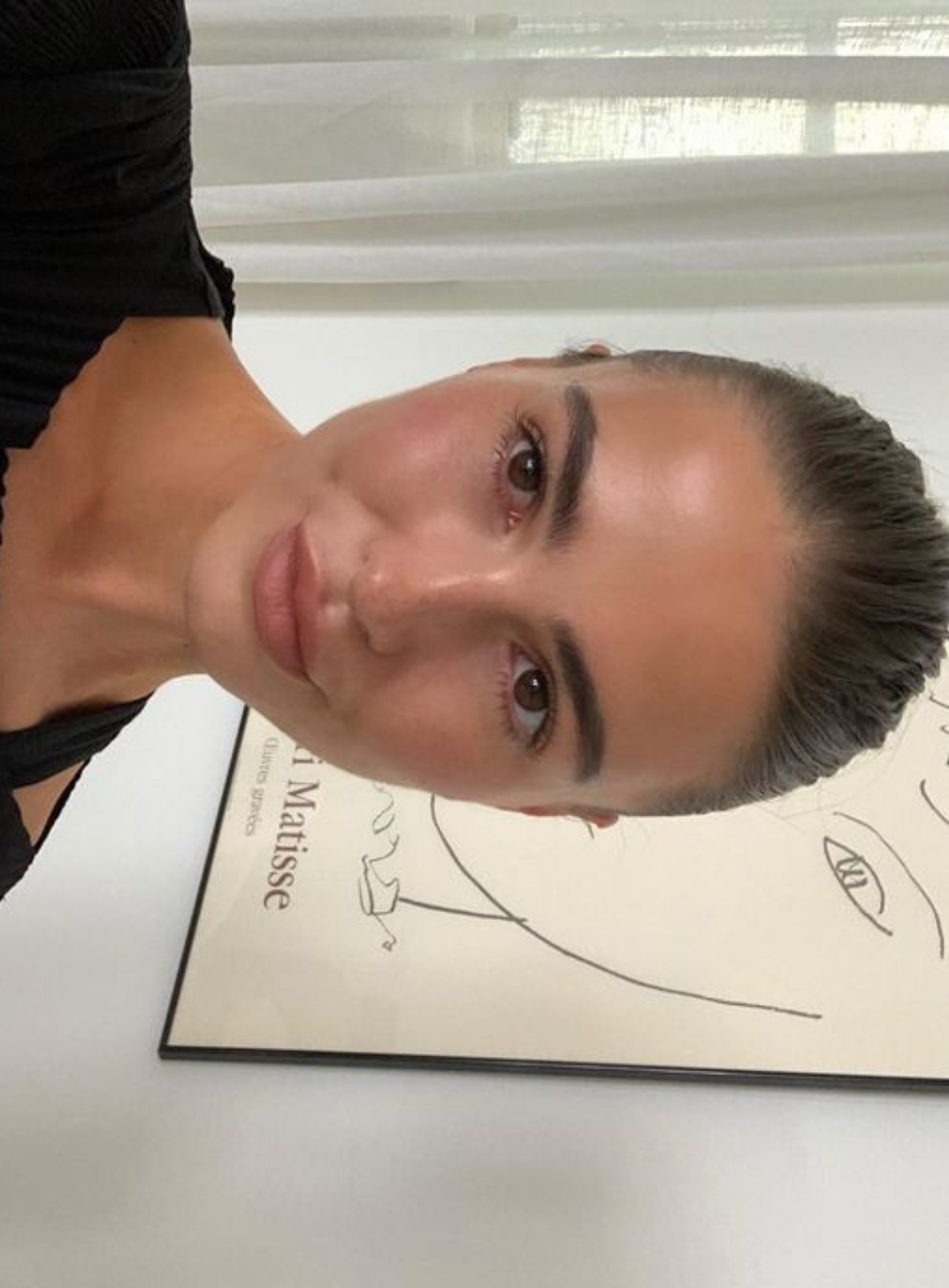
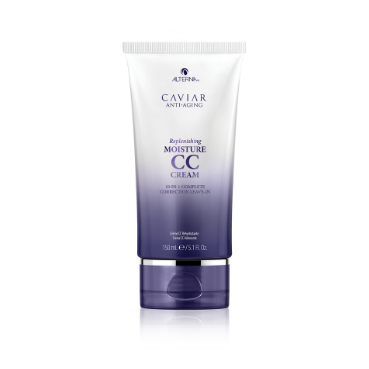
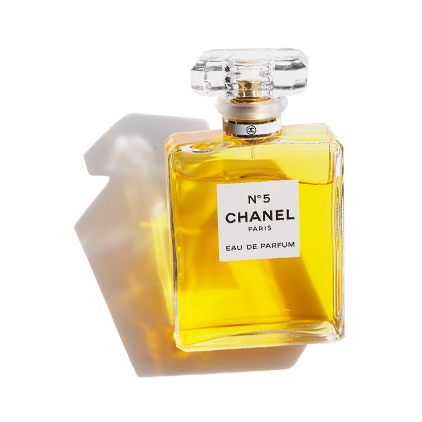
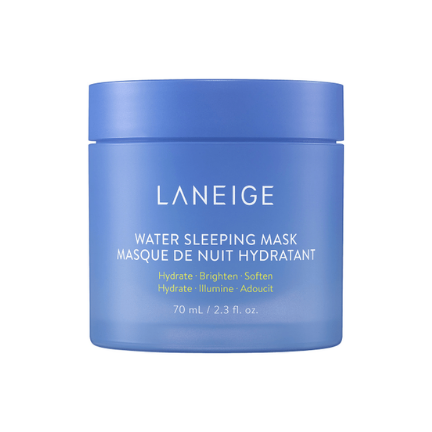
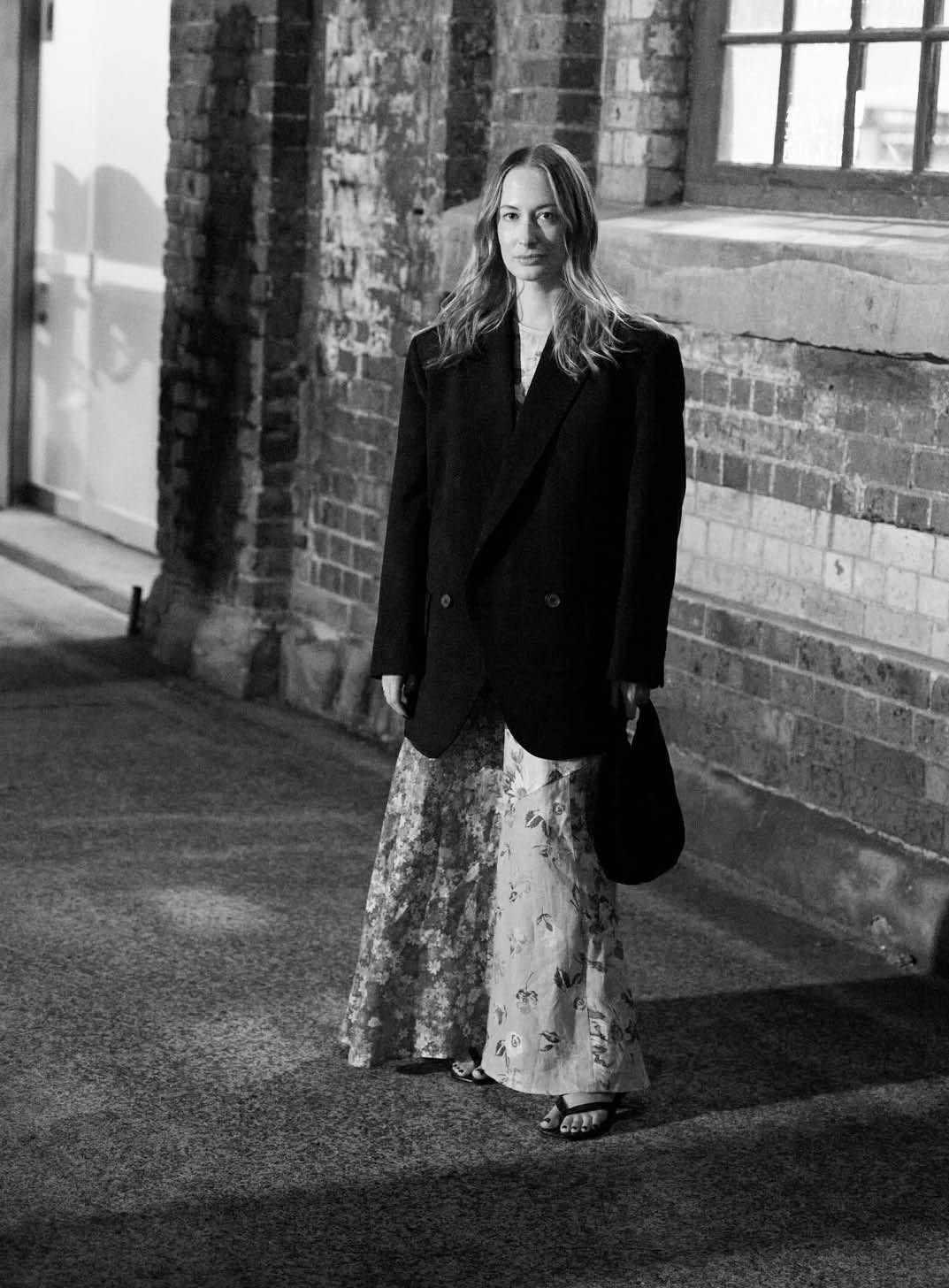

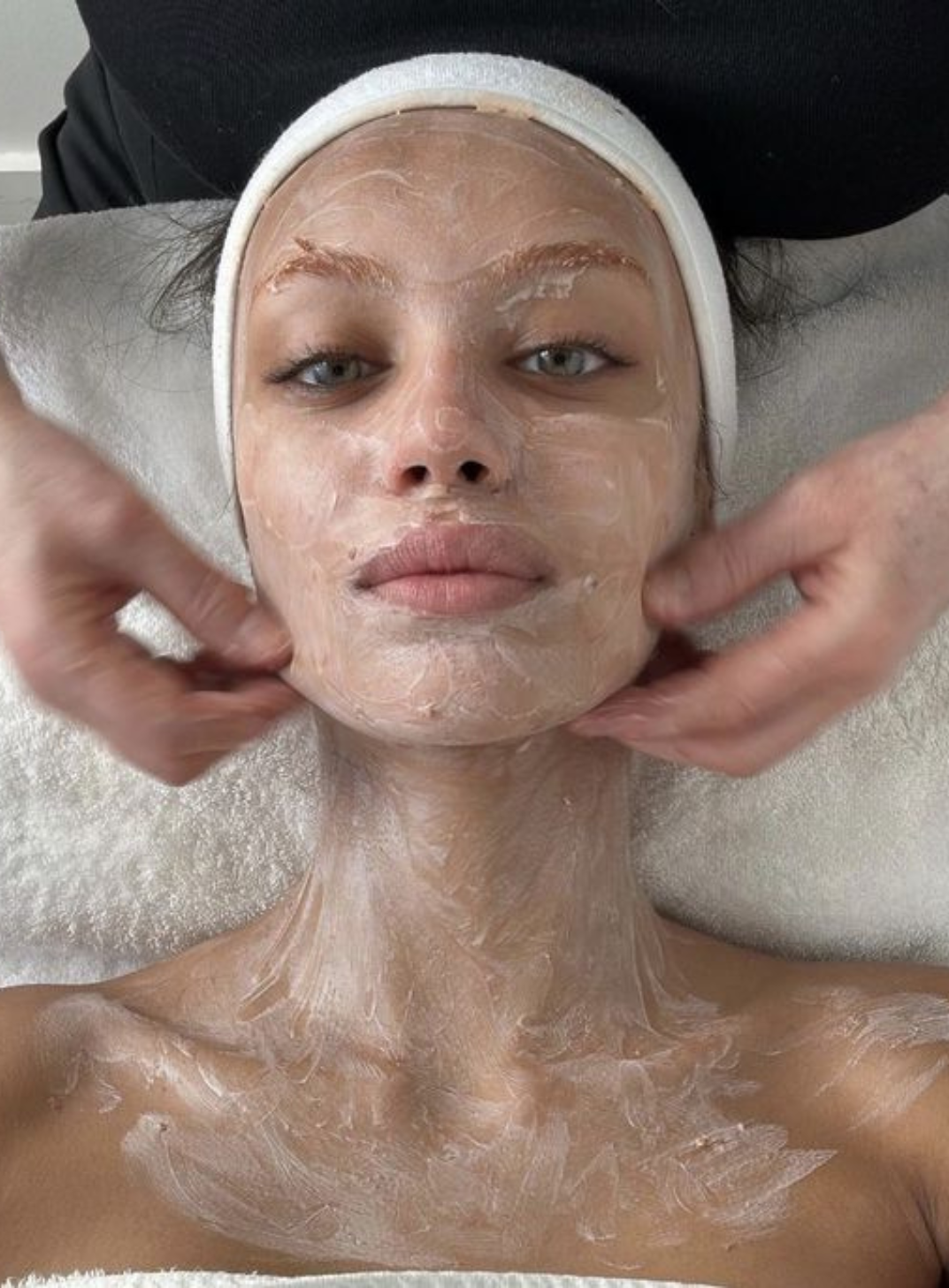

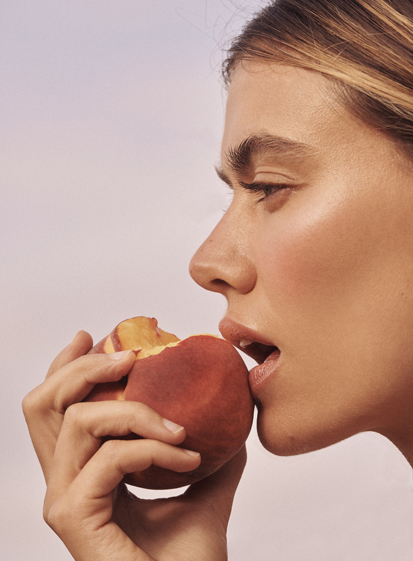
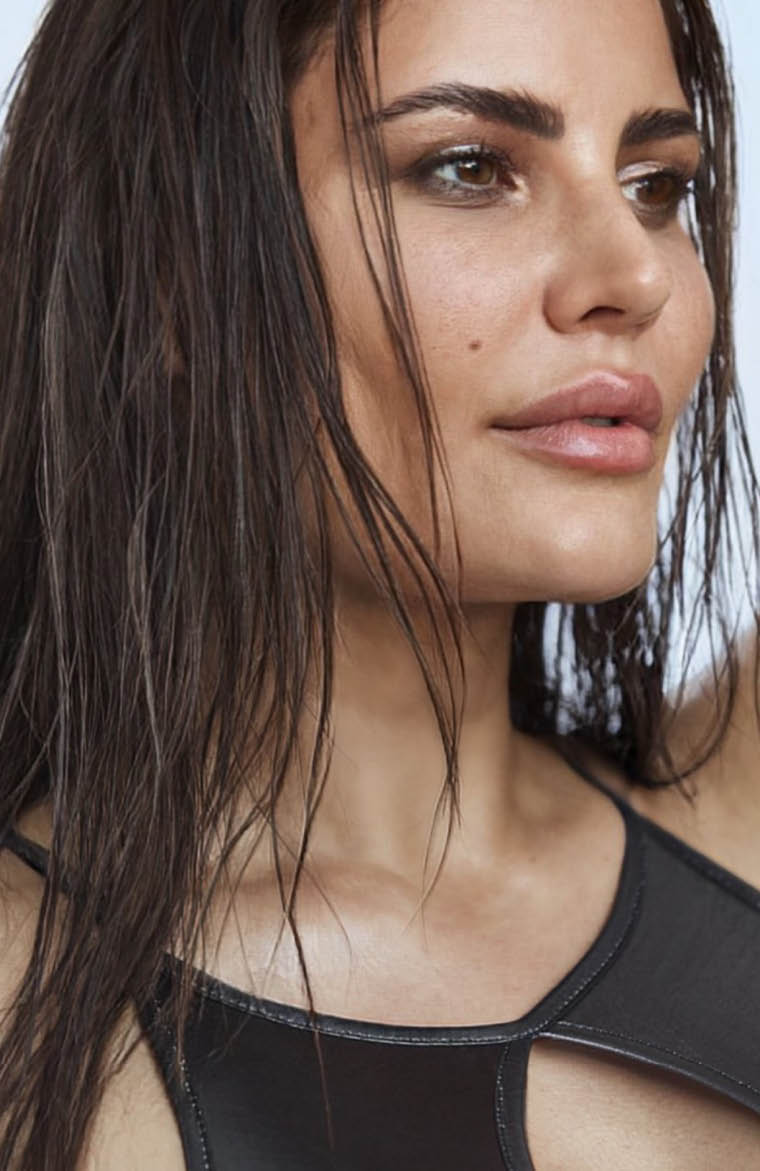
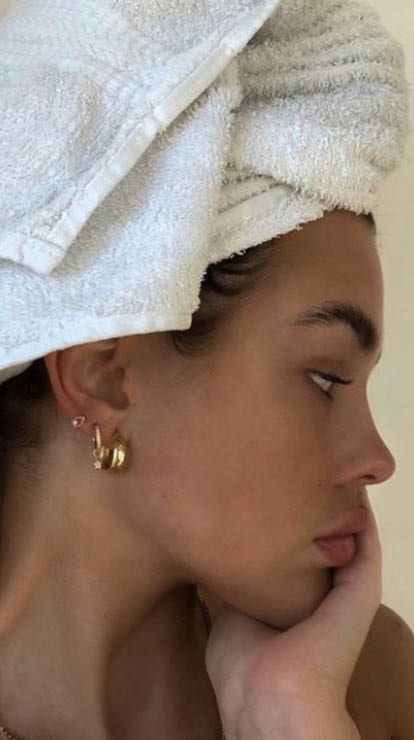
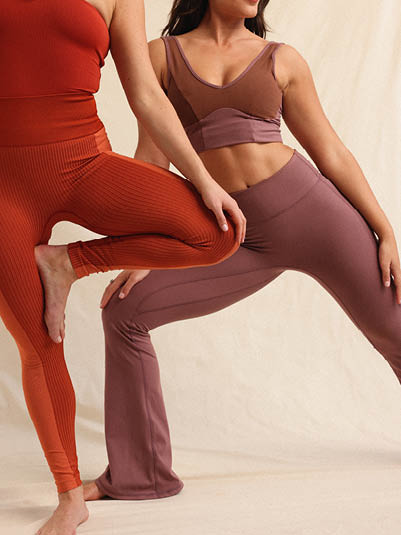
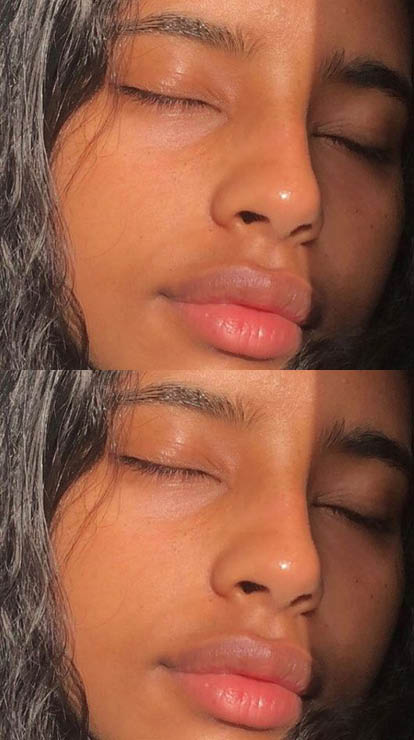
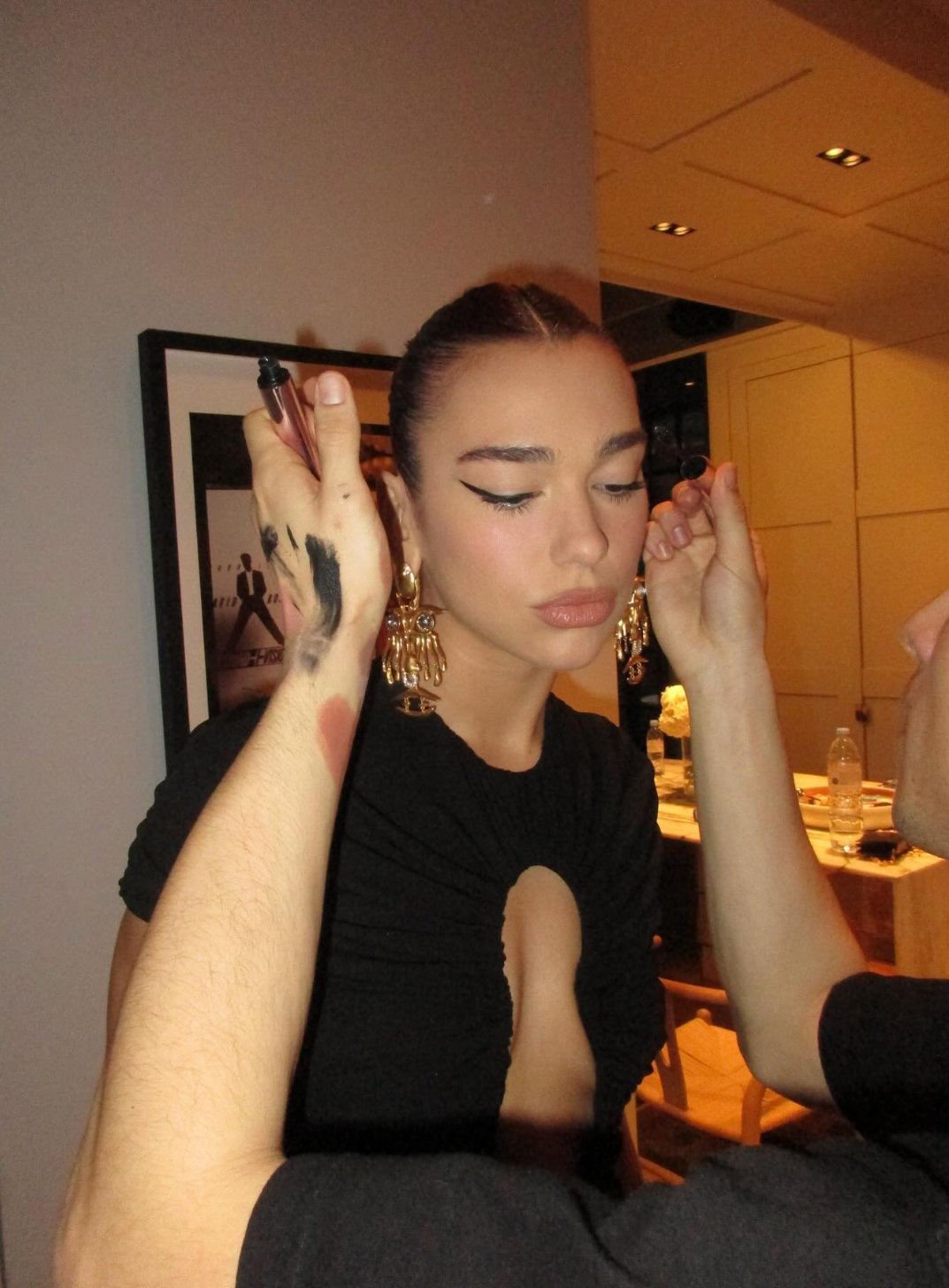
Comments